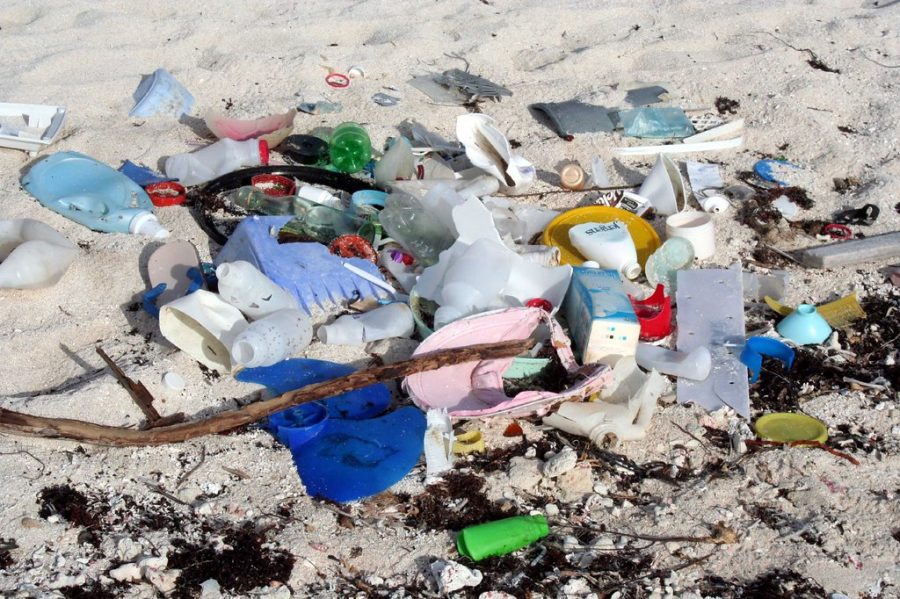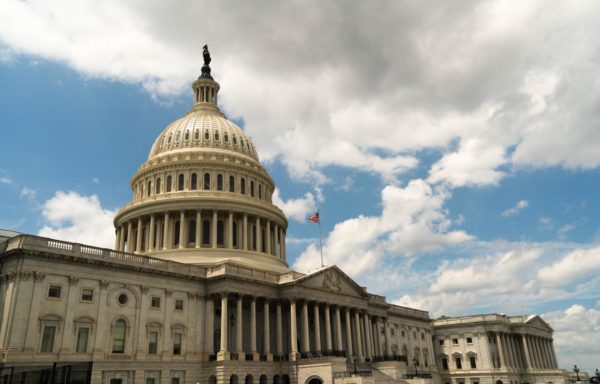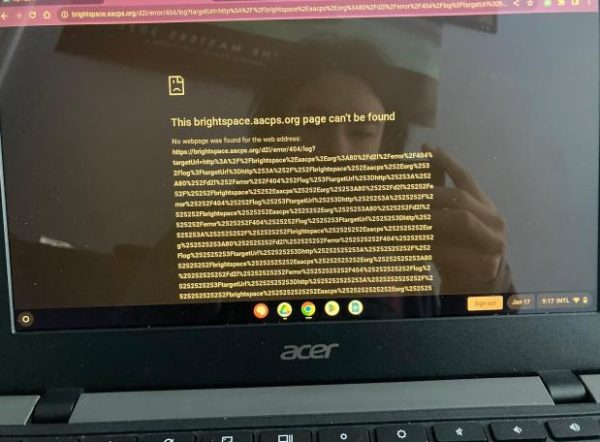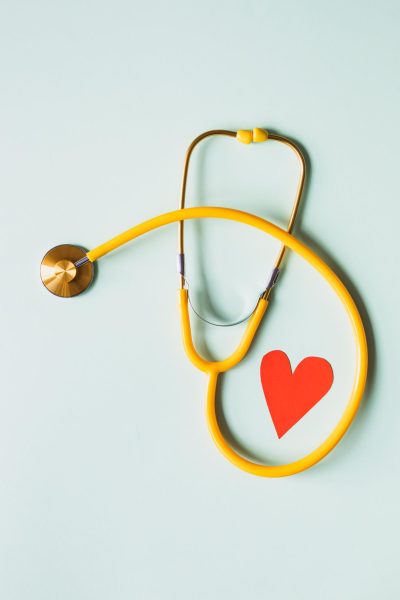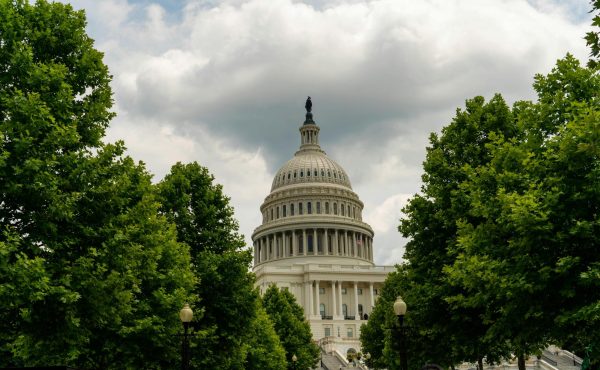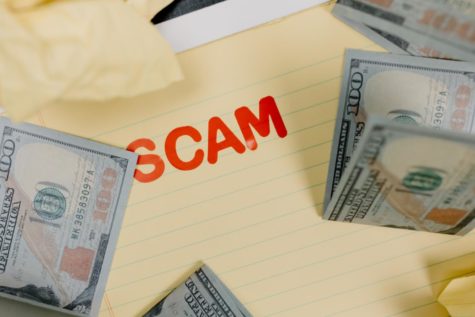Alternating Single-Use plastics with Eco-friendly Items
Photo Courtesy of Creative Commons
Beach Garbage
March 2, 2021
Plastics in our oceans and other environments are becoming increasingly ubiquitous as we continue to fill our landfills with everyday plastic items, and the Worldwide Fund for Nature reports that plastic bags take around 20 years to decompose, plastic straws around 200 years, plastic water bottles around 450 years, and plastic toothbrushes around 500 years.
If we only use these products for such a short period of time, why are they made of a material that takes so long to decompose?
The Clean Water Action, an organization dedicated to ensuring clean water free from toxic chemicals and waste, reported that 80% of trash and debris found in water is an outcome of urban runoff. They have expressed that, “packaging and single-use disposable products are not only ubiquitous in marine debris, they represent an unsustainable use of precious resources.”
During an interview with CNN, Danielle Jezienicki, the director of sustainability at Grove Collaborative, a brand which creates sustainable essential items stated, “In truth, there is no such thing as throwing plastic ‘away.’ Plastics, be that your chapstick or your toothbrush, take hundreds, if not thousands of years to decompose into harmful microplastics that work their way into soil, water, and ultimately, all forms of life.” Jezienicki works with Grove Collaborative to create shipment services for their products.
Morgan Douglass, a senior at South River Highschool in the Environmental Science class, shared her opinions on eco-friendly products. “I believe that eco-friendly and conscious products are a big step towards having less waste entering the environment and lessening the carbon footprint people have,” she said.
Douglass also explained, “I also believe that the eco-conscious products will not fix the environmental impact that has been occurring for centuries, but it will make improvements for the future.”
Dr. Bronner, a California-based soap brand, is an example of an innovative brand helping combat the issue of plastics polluting our earth with toxic chemicals by filling our seas and landfills. Dr. Bronner sells a wide variety of eco-friendly products such as lip balms, shaving soaps, hair creams, lotions, soaps, and toothpaste. The brand was founded in 1948 by Emanuel Bronner, a third-generation soap maker and to this day Dr. Bronner is still family-owned and operated.
The key factor which makes their products eco-friendly is their 100% post-consumer recycled packaging and wrapping to help end the dangerous trend of single-use plastics. They recycle old plastic bottles to help create new bottles. Around half of their post-consumer recycled plastic bottles are produced from a resin called CarbonLite which is made from plastic gathered from curb-side pickups in California. Not only is their packaging recycled, but their products are biodegradable. Dr. Bronner products can be purchased online as well as in stores such as Walgreens, Wegmans, and more.
Woobamboo is another brand hoping to ameliorate the circumstances in which plastic fills our environment. Woobamboo sells adult, kid, and pet toothbrushes, floss, and toothpaste. Their toothbrushes have 95% less plastic than the average toothbrush. Woobamboo stated, “unlike most toothbrushes – instead of using the traditional petroleum-based, non-recyclable plastic – we use eco-friendly bamboo.”
Their toothbrushes are made from a single piece of organically grown bamboo and do not contain fillers, laminates, or additives which can be harmful to the environment. Woobamboo toothbrushes can be purchased online, and their toothbrushes, floss, and toothpaste can be found in stores such as Safeway.
Lastly, Onya Life is an Australian-based brand that sells a large variety of sustainable and eco-friendly products such as disposable bags, backpacks, shopping bags, coffee cups, produce bags, and drinking bottles. The brand is dedicated to making a difference in ending single-use products.
Onya Life all started with an idea from founder Jon Brousson, who was thinking of how he could create meaningful change in his community by limiting the amount of single-use plastic, and from there, the journey began. On top of creating sustainable and eco-friendly products, they are part of the 1% for the Planet movement which means they donate 1% of all retail sales to non-profit and social enterprise partners.
Plastic is valuable material used to create thousands of different products we use every day. However, is it worth the detrimental effects it has on ocean life and other environments? It is imperative to recognize the effects of the gratuitous use of plastics ending up in landfills from single-use plastic items as well as to acknowledge that there are eco-friendly alternatives available.
